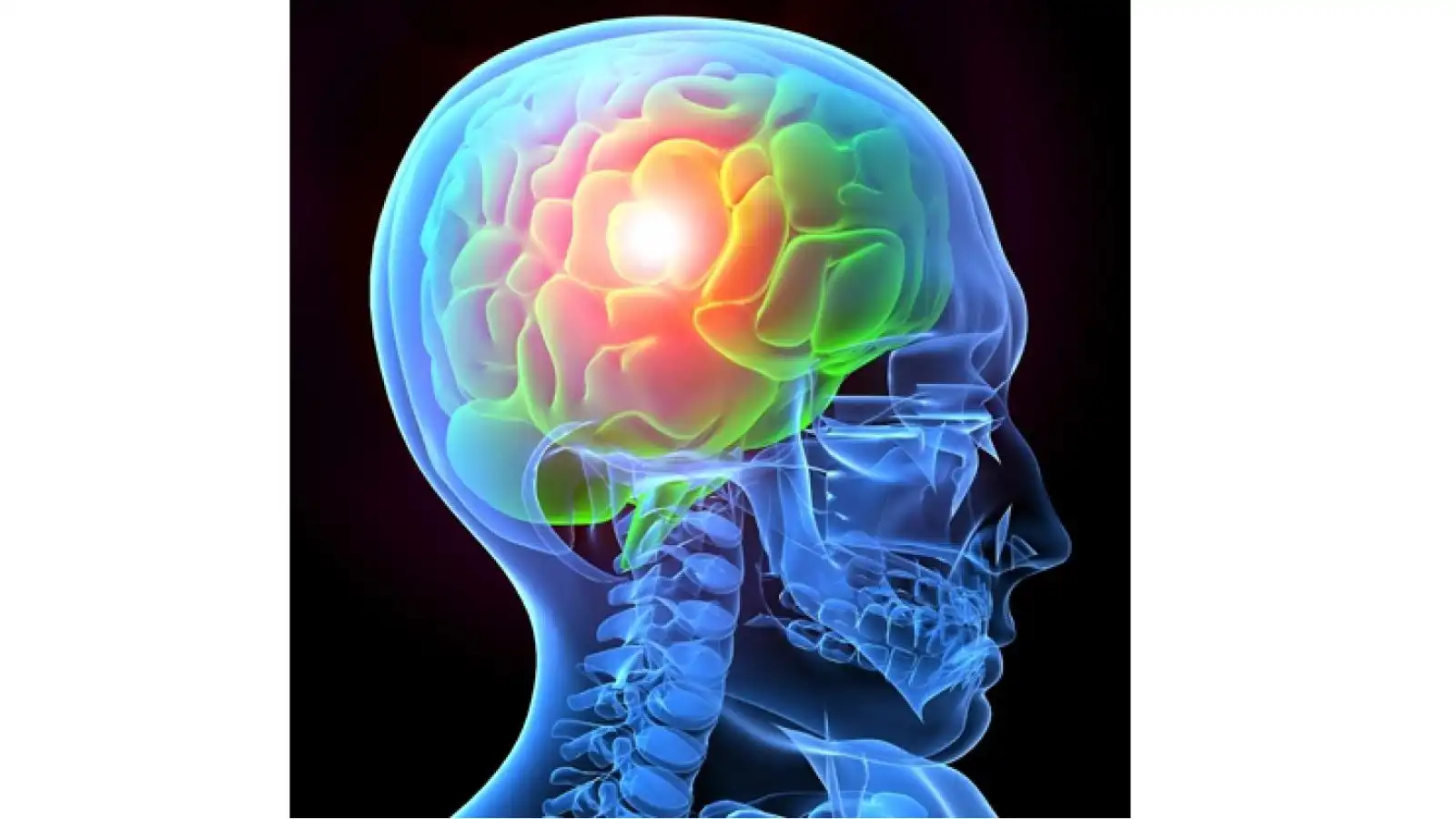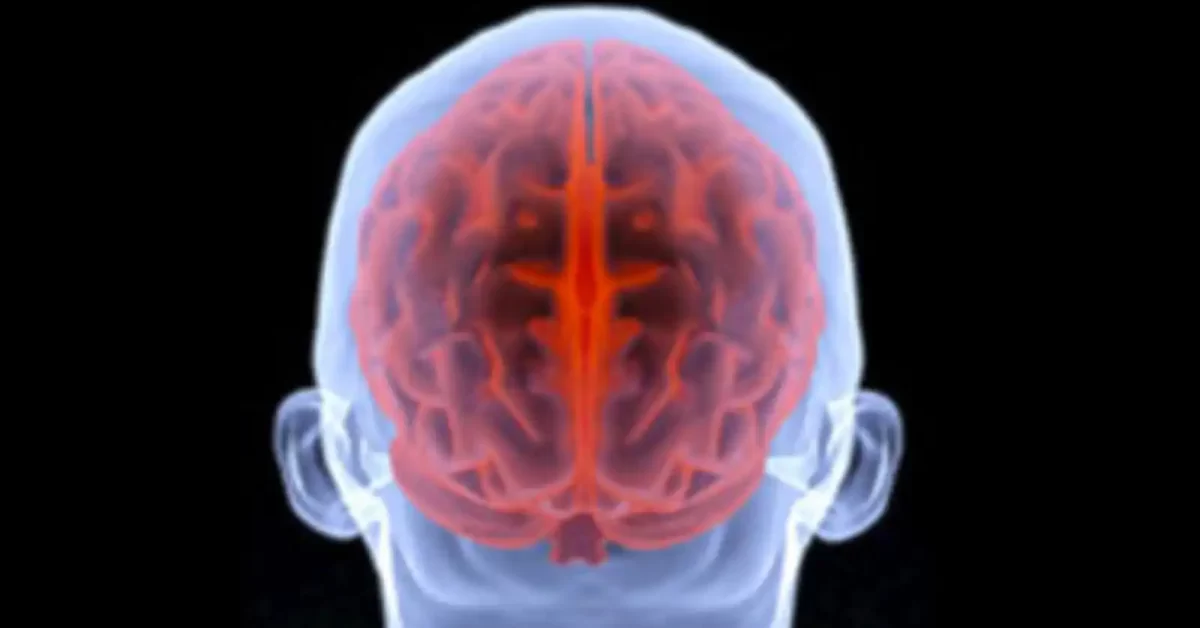Introduction: Heal from Trauma
Trauma may be felt as an unseen weight, a continual presence influencing every aspect of your life.
Though it seems unattainable, there remains hope for further movement.
Trauma healing is a road towards emotional liberation and a better future, not just a fantasy.
This blog article will go over trauma's definition, its effects on you, and, most significantly, how you could be heal from trauma.
Recognizing Trauma
Trauma is an emotional reaction to a very upsetting or unsettling incident.
One incident—such as an accident or natural disaster—or continuous stress—such as abuse or neglect—may be the cause of it.
Though everyone suffers differently, typical signs of trauma include anxiety, sadness, flashbacks, and relationship problems.
Kinds of Trauma
- Acute Trauma: One may get acute trauma from one demanding or risky experience.
- Chronic Trauma: Highly stressful situations like domestic violence or abuse cause recurrent, protracted exposure to which one develops.
- Complex Trauma: Usually invading, interpersonal, this involves exposure to many painful experiences.
The first step on your road to heal from trauma is knowing the kind of trauma you have gone through.
Understanding the indicators and symptoms will enable you to act in the required direction toward recovery.
Trauma's Effects on You

Trauma affects your soul, body, and mind. It may compromise your everyday functioning, influencing your career, relationships, and general health.
Trauma may have the following often-occurring effects:
Emotional repercussions
- Anxiety and Fear: Being always tense or concerned.
- Depression: is a continual sense of lack of interest and gloom.
- Anger: Feeling restless or experiencing angry outbursts.
- Guilt and shame: follow from feeling accountable for what transpired.
Physical Impact
- Sleep Problems: trouble staying or getting asleep.
- Fatigue: Always feeling worn out.
- Physical aches and pains: are unaccounted for aches and pains.
- Either too little or too much food changes appetite.
Cognitive Influence
- Memory Problems: difficulty recalling specifics of the horrific occurrence.
- Concentration Problems: Finding activities worth concentrating on that are complex.
- Continuous negative ideas about the world and yourself define you.
The Road to Healing

Though it's a very personal path, healing from trauma isn't something you have to accomplish alone.
These guidelines will assist you in opening your road towards emotional liberation.
Accept Your Trauma
Acknowledging what occurred to you is the first step toward recovery.
Denying or downplaying your trauma could keep you from forward-moving.
Come to see that your emotions are legitimate and that what you went through was true.
See a Professional
Trauma survivors may find great benefits from therapy. A therapist may assist in your emotional processing and creation of coping mechanisms.
Particularly successful are many forms of treatment, including trauma-focused therapy, eye movement desensitization and reprocessing (EMD), and cognitive-behavioral therapy (C.B.T.).
Engage Others
Trauma symptoms might be exacerbated by isolation. Connecting with encouraging friends, relatives, or support groups can help you feel understood and part of.
Sharing your experiences with those who have gone through such circumstances may be very therapeutic.
Take Personal Care
It would be best to prioritize your emotional and physical demands. Includes:
Regular exercise may help lower stress and raise mood. Eating well can help you to nourish your body and increase your general health as well as your energy.
Deep breathing, yoga, and meditation, among other techniques, may help you relax and clear your body and mind. Your healing depends on making sure you receive adequate sleep.
Grow Educated
Knowing more about trauma can enable you to recover faster. Many tools abound that would allow you to deepen your knowledge of trauma and healing.
I recommend visiting online therapy they are a great source. This thorough resource provides in-depth knowledge about trauma and valuable advice on healing. Look it over online therapy.
Create limits
Maintaining yourself against further damage depends on establishing reasonable limits. This might include learning to say no when needed and separating yourself from negative people or circumstances.
Develop Good Habits
Changing bad practices for good will enable you to take charge of your life. This might be beginning a new pastime, helping others, or participating in joyful and fulfilling events.
Show Yourself Patience
Trauma heals not in a straight line. Good days will abound as well as bad. Celebrate your progress, no matter how little, and be patient with yourself.
Personal Accounts of Recovery
Learning about the paths taken by others may be comforting and motivating. The following are some actual accounts of people recovering from trauma:
Sarah's History
Sarah had a horrific vehicle accident that caused great worry and despair.
She battled to leave her residence and had continual nightmares. Therapist and family support enabled Sarah to take back her life progressively.
She began with little steps—short walks outside—then made her way back to work. Sarah now advocates mental health and tells her experience to inspire others.
John's Story
John had significant emotional wounds from growing up in an abusive home.
Turning to drink to help with his suffering caused further issues. John resolved to get treatment after reaching rock bottom.
He discovered a better means of dealing with his trauma by utilizing therapy and support group membership.
John finds tremendous meaning in helping others recover and now guides others who have gone through such circumstances.
Approaching Ahead
Trauma heals on a road that calls for support, patience, and bravery. It's about discovering your will to confront your past and design a better tomorrow. Remember, aid is available; you are not alone.
I recommend you visit online therapy where you will learn more about trauma and how to recover.
They offers insight analysis and doable actions to support your road to recovery. Check it Online Therapy
You are on reach for emotional emancipation. Accept the path, ask for help, and trust you can recover.
You are due a life full of satisfaction, happiness, and tranquility.

